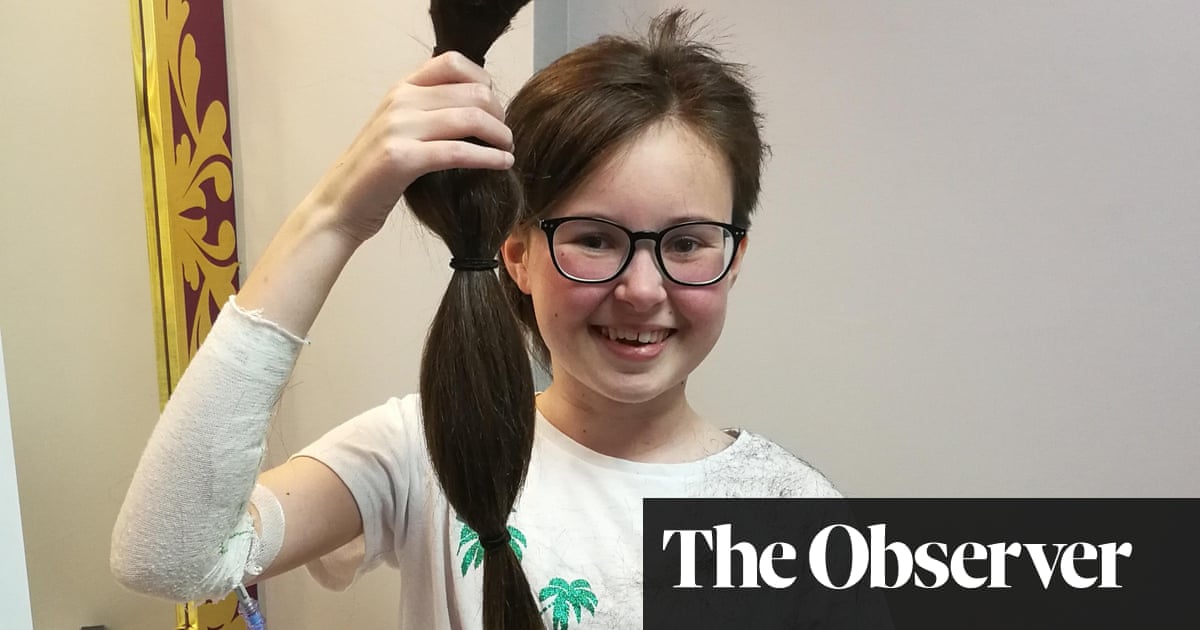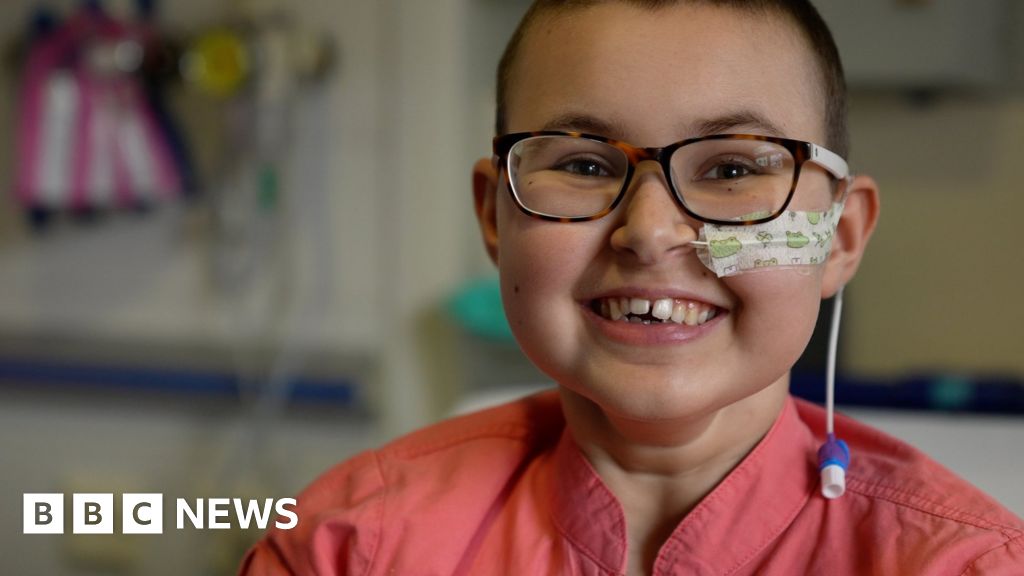Base Editing Clears Girl's Incurable Cancer

The Facts
Alyssa, a 13-year-old girl from Leicester, England, who was diagnosed with T-cell acute lymphoblastic leukemia last year, has been cleared of her incurable cancer after undergoing a base editing cell therapy at London's Great Ormond Street Hospital for Children.
According to her doctors, the teenager had an aggressive form of cancer where her T-cells — which are supposed to protect a person by seeking out and destroying defective cells — had become dangerous to the healthy parts of her body.
The Spin
Narrative A
The outcome of this revolutionary treatment is remarkable, and makes base editing a strong contender in the development of innovative cell and gene therapies. With trials for curing single-cell diseases already underway, the next step is for the biomedical community to develop a versatile, cost-effective program to make base editing cures a reality for millions of patients worldwide.
Narrative B
Though base editing might have saved Alyssa's life, it's too early to guess her prognosis. Furthermore, considering that the treatment can permanently change a patient's genetic code, every effort must be made to identify and address ethical issues that may arise with its use, such as the privacy and confidentiality of genomic data.





